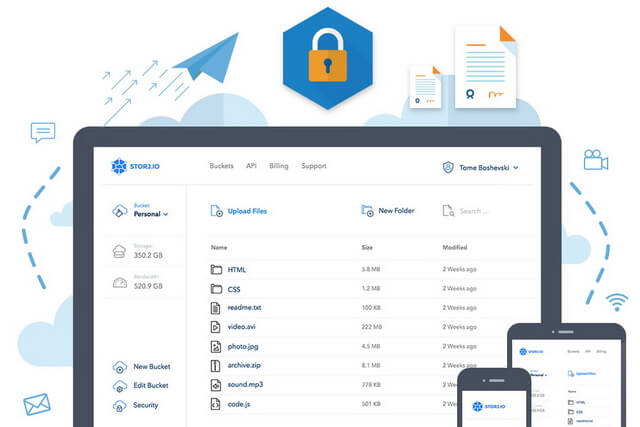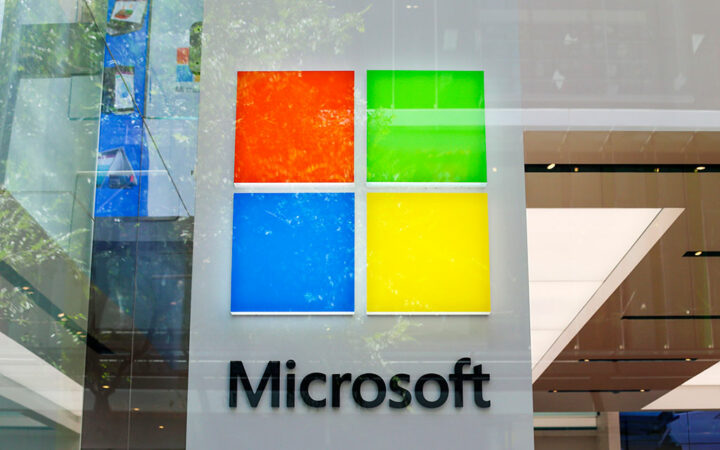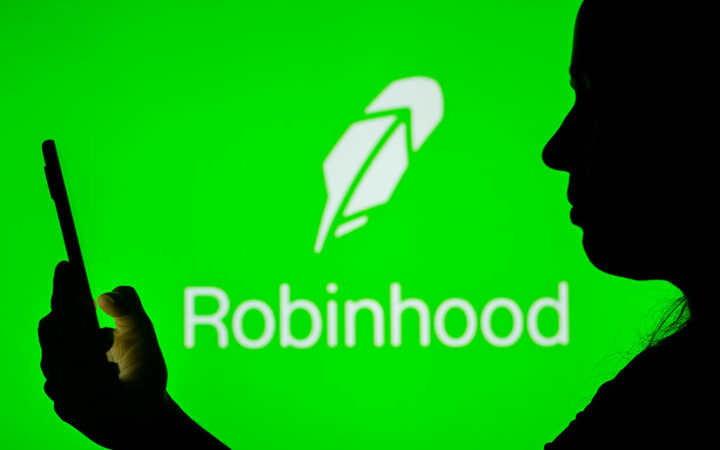Taking strong interest in blockchain, cryptocurrencies, and IoT, Tatsiana Yablonskaya got deep understanding of the emerging techs believing in their potential to drive the future.
The Microsoft Azure Blockchain-as-a-Service adds a new member to its platform. Storj Labs, the distributed object storage company, announced the partnership in the blog post.
Storj will make the Azure Blockchain-as-a-Service more accessible to enterprises. Azure users will be able to spin up a server pre-configured with Storj libraries by using a 1-click deployment process. This enables an instant access to the Storj platform.
Marley Gray, Director BizDev & Strategy for Cloud & Enterprise Blockchain at Microsoft Corp. said: “Microsoft is excited to host Storj Labs on Azure BaaS, providing our growing community of partners a fantastic distributed object storage application.”
Initially Storj Labs was launched as an open-source Storj project, where developers used the blockchain protocol and the principles of the sharing economy to build the most efficient, decentralized cloud. Storj Labs is based on the blockchain technology and peer-to-peer protocols to provide the most secure, private, and encrypted cloud storage. The data is stored among a community of so-called“farmers”. If they have unused disk space, they share it with the network in exchange for compensation in cryptocurrency.
Vitalik Buterin, Ethereum founder, underlines the potential of Storj Labs: “Distributed file storage systems like Storj have the potential to eliminate high markup costs and market inefficiencies and provide a much higher level of privacy, reliability and quality of service than we see today.”
Within the last month Storj became the sixth company having joined the Azure Blockchain as a Service. The 5 partners added in March were Augur, Lisk, BitShares, Svscoin and Slock.it. The fact obviously describes Azure Blockchain as a place for partners to put new platforms, frameworks, tools and services for curious customers to discover and experiment with.
The presence of Augur on Azure enables companies to use prediction markets to forecast different kinds of information: product launch dates, sale level, the necessity to fund projects and other important metrics. Lisk offers developers to easily deploy their own custom blockchains and program decentralized applications. The company intends to transform decentralized application and blockchain technology using its own digital currency Lisk.
BitShares reaches the operation at a three-second block interval with peaks to thousands of transaction per second through a unique democratic consensus algorithm. Syscoin offers multiple blockchain-enabled services to purchase and sell goods and services, encrypted messaging, escrow, replacement for typical blockchain addresses, digital asset storage, reselling and more. Slock.it will integrate with Microsoft Azure to facilitate the process of building apps for Slock.it first product, the Ethereum Computer.
R3 consortium managing the blockchain project once completed the blockchain test using Ethereum and Microsoft Azure. The trial was intended to apply blockchain for making trading much faster and cheaper. Eleven banks from four continents used a Microsoft platform, which runs on a blockchain built by Ethereum, for the test. Banks transferred “Ether” to each other – Ethereum’s equivalent of bitcoin. The transactions were settled almost instantaneously. To compare, traditionally banks need several days for settlement, depending on the asset class.





